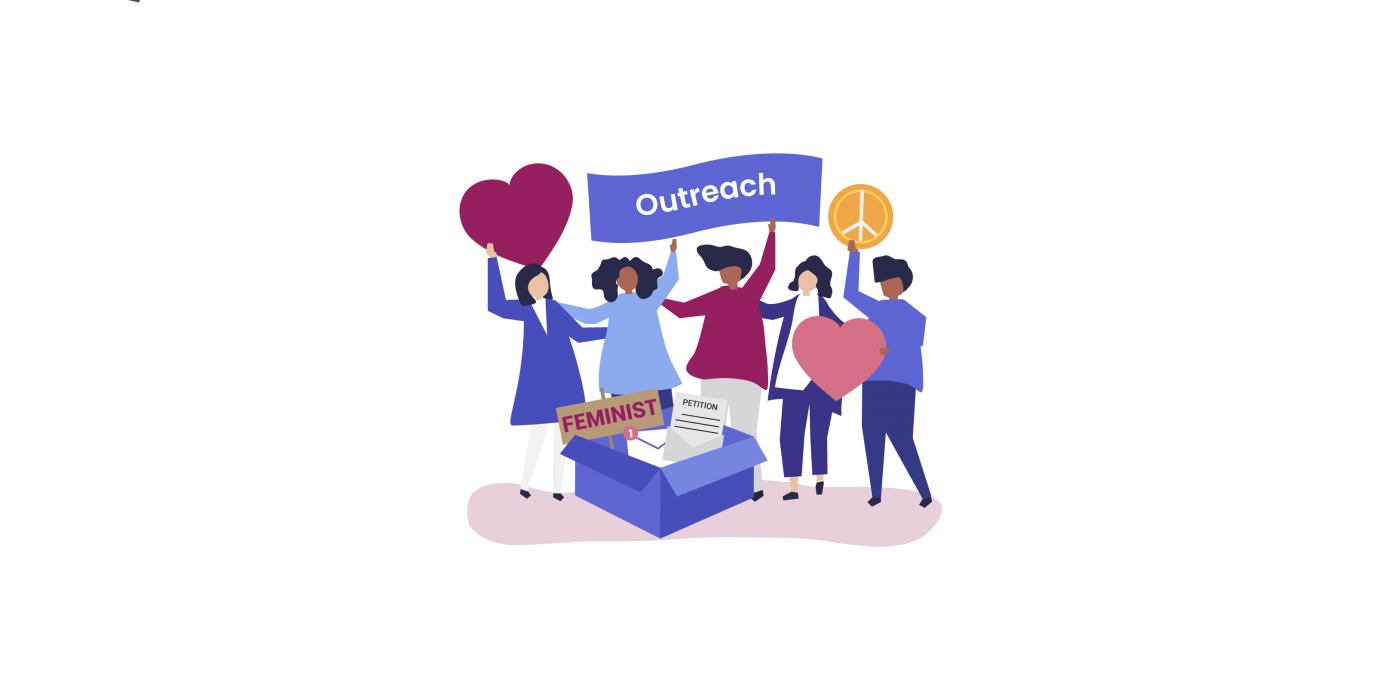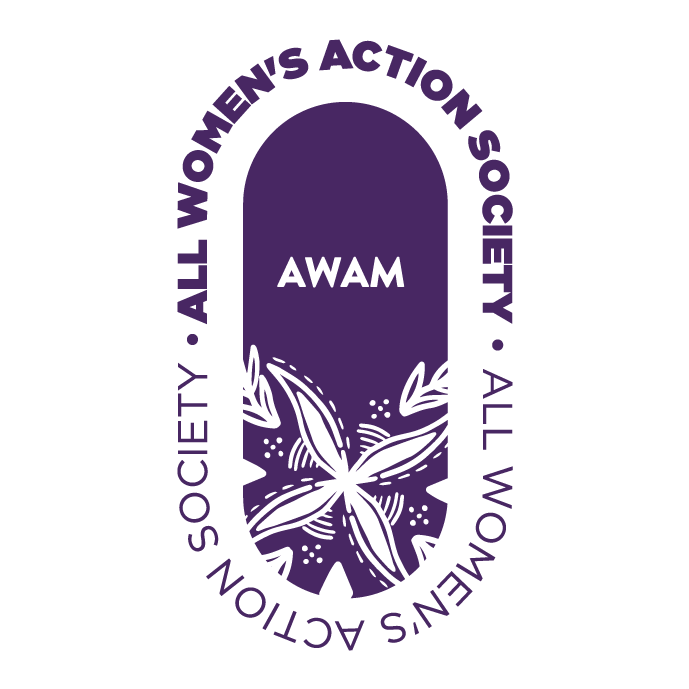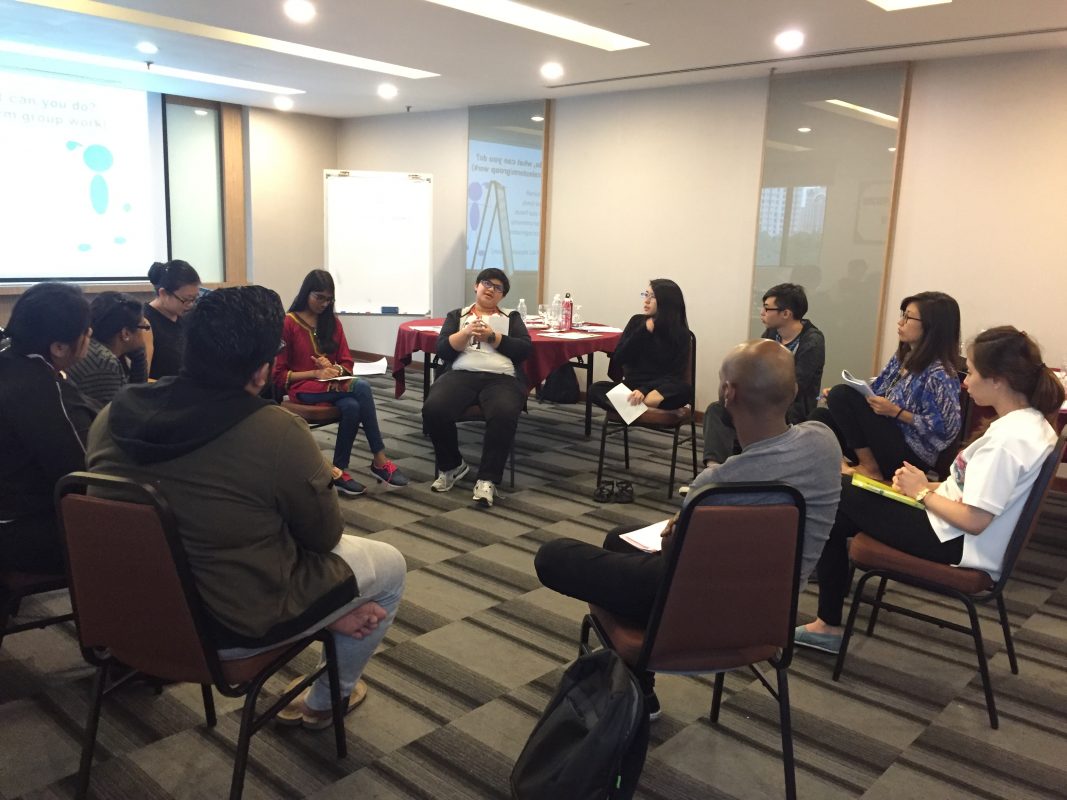When AWAM first began, our core work was centered around fighting Violence Against Women (VAW) which addresses the specific forms of violence that insidiously make its way through speech, economic opportunities, and specific gender-based roles or practices that are harmful to women physically, mentally and emotionally.
In the early 2000’s, AWAM became increasingly aware of the need to be more inclusive – to include the gendered violence against lesbians, gays, bisexuals, transgenders (LGBT), and other non-conforming genders – in our approach towards fighting sexual violence.
Today, we understand that while VAW is still prevalent, there is a bigger movement that addresses the larger structures that affirms, reproduces and perpetuates violence based on sex and gender – Gender-Based Violence (GBV).



